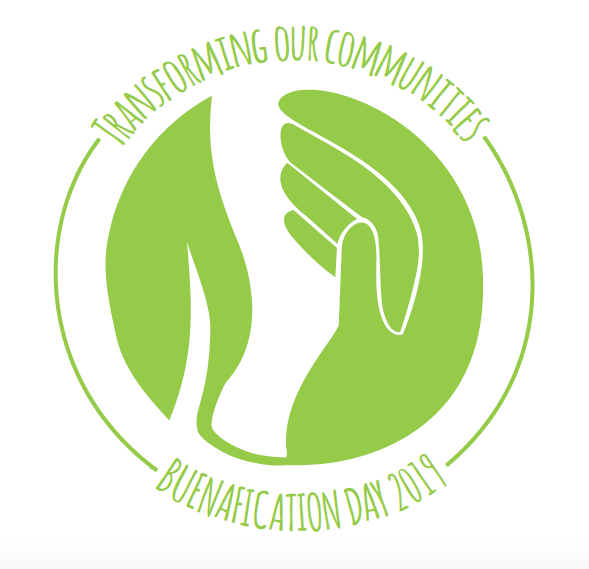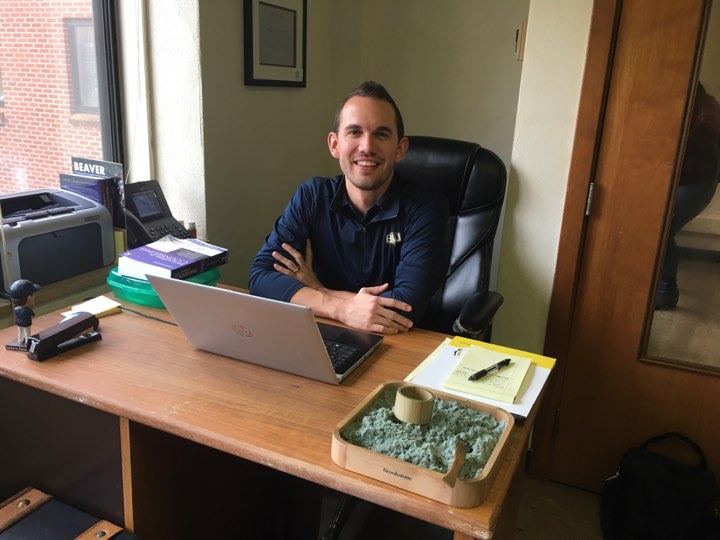Rachel LaPaglia | Contributing Writer
Networking
College is the first step towards freedom and adult responsibilities. It can be scary, fun, nerve-racking, exciting, or even all of those emotions at once. Coming into a whole university of students, professors, and workers that you do not know can be intimidating.
I remember coming into my freshman year and not knowing what to do or who to hang out with. One of the best decisions I made was to step out of my comfort zone and sign up for a couple student organizations. I was nervous because I didn’t know anyone on campus and there were a lot of new things being thrown at me. The hardest part about getting involved is one of the first steps: actually going to the meetings or events. Once I met people within the organizations that I signed up for, I began to build a network of people that I actually knew and could reach out to. I began to break out of my shell of nervousness and uncertainty, and started immersing myself into the ever-changing community on campus.
If I had not signed up for organizations, it would have been several weeks before I began to make connections like I did within the first week or two. I began to see people from classes in the organizations or vice versa. Our common interests gave us something to talk about, which made for less awkward encounters and small talk. These connections built a network of people that are majoring in all different subjects that I can now go to if I need something specific. It allows me to deepen the work that I do on campus since I have more knowledge than just my own.
Discovery
There are so many organizations on every campus, and you have to discern which organizations interest you. As a busy college student, you would not dedicate your free time to an organization unless you were passionate about it. So pay attention to what you are drawn to and what exactly it is that excites you about that organization. This will help you to figure what you may want to major in if you haven’t decided yet, or maybe what you want to do after college. Your passions may fluctuate as you get older, but for now, those passions are going to be what drives you in your life. It helps to know what you are passionate about in order to get the most out of your college experience.
Not only will you be able to discern your passions, you will be able to figure out what you are good at. Maybe you are really good at organizing or leading others in a group discussion. Whatever those skills may be, it is really easy to figure them out in an area that you thrive in. Classes give you the base and the knowledge to develop those skills, while organizations allow you to actually put them into practice. It is one thing to know how to do something (like leading a discussion), and a whole different thing to actually put that knowledge to the test. The organizations that you become involved with will allow you to put the knowledge to the test, therefore strengthening those skills.
Developing Skills
Student organizations are the best opportunity to get a leadership position. Outside of college, it is going to take a lot of time to work your way through the ranks to become president of a business or organization. In a student organization, you are able to dedicate your time to meetings and volunteering to help with events. Then, the next time elections come up, you’ve proven that you will put in the work to help the organization to thrive. Obtaining a leadership position in college not only allows you to build your resume, but it furthers your ability to work with others and develop your leadership skills. These skills will be extremely important and valuable once you are out of college, so you should definitely take initiative now.
Gain Experience
Organizations allow you to take a break from studying and get yourself out there. You not only gain experiences of meeting new people and developing relationships, but you also gain leadership and management experiences. No matter what organization you are a part of, most have leadership opportunities that you can, and should, take advantage of. Also, most organizations divvy out tasks to those students who are involved which gives you the opportunity to manage the tasks you are given and complete them on time while also juggling school work. All of the skills that you gain make you a marketable candidate outside of college, because you show employers that you have more than just knowledge: you have experience. With so many people attending college now and getting degrees, experience is what makes you competitive in the job market, instead of just having a degree.
Develop Time Management Abilities
Juggling all of the homework from classes along with tasks and events from your organization pushes you to learn how to manage your time well. I can speak from personal experience that I was horrible at managing my free time when I first got to college, because I had so much of it. I would push off homework and procrastinate on laundry until I had nothing left to wear. Once I got heavily involved, I reached a point where I had six to seven hours of free time throughout the week. This forced me to decide when I was going to do homework and all of the tasks I was assigned from my organizations. I have recognized a huge difference in my time management skills from my first year to my second year, all thanks to being heavily involved in school and organizations. I was given tips from professors and other students on how to manage my time, but for me, the tips just didn’t cut it. I needed to figure it out for myself. So if you are one of those students who really just likes to figure things out on your own, I suggest filling some free time so you don’t have so much of it to manage. Furthermore, once you get out of college, you will have so much more to juggle than just your job and social life, so it’s best to become a “busy bee” now. Just don’t forget to have some fun with friends every once in a while.
Photo by Kylee Deering














